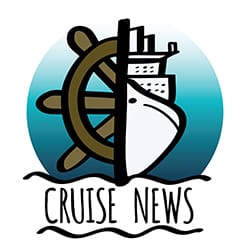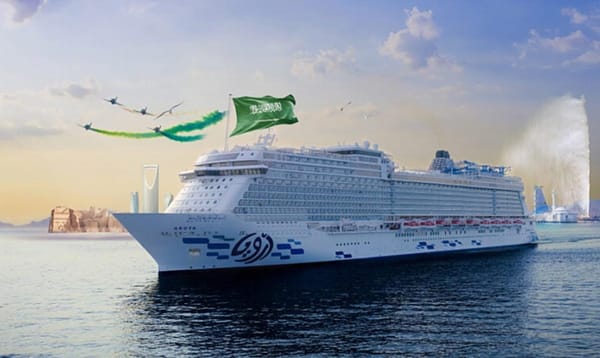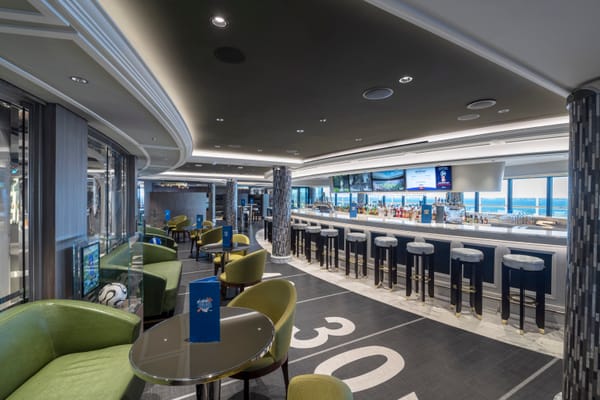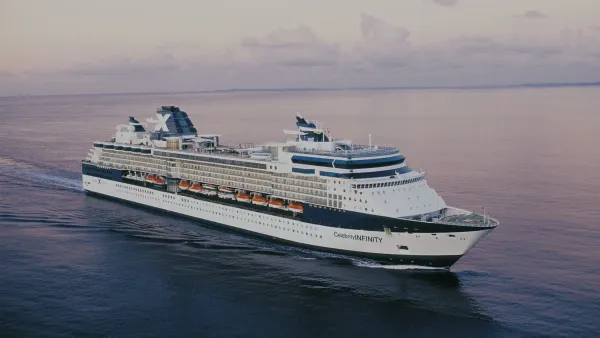Cruise Lines Outpace Airlines and Hotels With Strong Bookings and Earnings
Cruise operators continue to outperform other travel sectors, leveraging global appeal and flexible offerings to sustain growth as airlines and hotels face slower demand and forecast cuts.
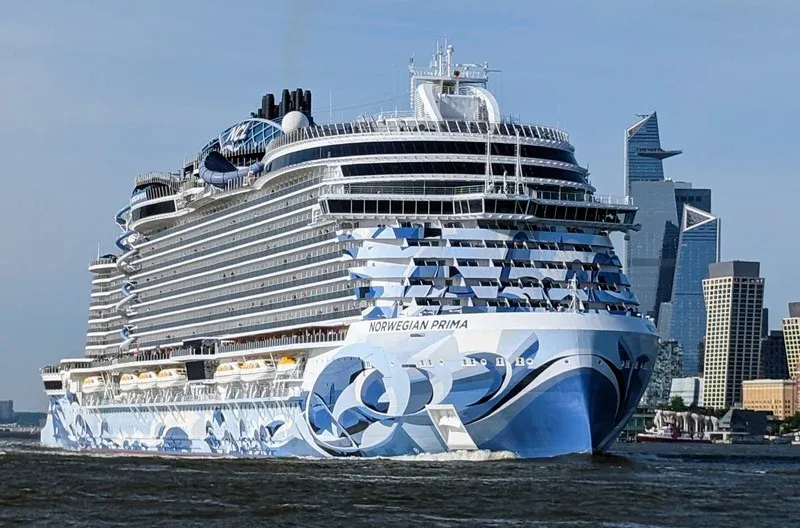
The cruise industry has shown remarkable resilience even as other travel sectors grapple with economic headwinds and fluctuating consumer demand. Major operators such as Carnival, Royal Caribbean, and Norwegian Cruise Line report sustained or growing earnings, contrasting sharply with airlines and hotels that have scaled back forecasts. Travel analyst Henry Hardevelt of Atmosphere Research Group attributes this success to cruise lines’ diverse customer base, flexible booking policies, and extensive global reach.
Strong Financial Results for Major Cruise Lines
Carnival Corporation, the largest cruise operator worldwide, recently announced an 8% revenue increase to $5.81 billion, its seventh consecutive quarter of surpassing profit targets. The company noted $7.3 billion in customer deposits for future cruises, underscoring continued demand. Royal Caribbean likewise posted net income of $736 million in Q1 2025 (more than double from the same period the previous year) and revised its annual outlook upward based on strong bookings. Royal Caribbean also revealed that approximately 86% of its 2025 inventory is already booked, indicating robust consumer confidence. Norwegian Cruise Line acknowledged some earlier choppiness in European bookings but reported stabilizing trends by late April, maintaining steady performance overall.
Diverse Offerings and Global Market Appeal
Cruise companies capitalize on varied itineraries and immersive onboard experiences to attract a broad range of travelers. Budget-conscious guests can choose all-inclusive packages that bundle accommodations, dining, and entertainment, while those craving high-end amenities can book luxury cruises with gourmet dining and dedicated spa services. According to Royal Caribbean CEO Jason Liberty, “Our global strategy and diverse offerings continue to drive our strong performance. We remain nimble in adapting to market demands, ensuring quality experiences that attract guests worldwide.”
Industry observers note that this global orientation and longer booking windows help cushion cruise operators from region-specific downturns. Hardevelt explains that by drawing travelers from different parts of the world, cruise lines rely less on a single geographic market than airlines or hotels often do.
Analyst Insights and Future Projections
Budget-friendly positioning is a significant draw for customers facing economic uncertainty. Cruises typically bundle substantial value into their fares, making them attractive when compared with land-based getaways that require separate expenditures on flights and lodging. “Our sustained financial performance reflects the robust demand for cruise vacations, enabling us to continue expanding our fleet and enhancing guest experiences worldwide,” a Carnival spokesperson said. Industry leaders believe these advantages will continue generating strong demand, even if broader economic challenges persist.
Challenges and Precautions
Despite record-breaking quarters, executives remain mindful of the possibility that shifting economic conditions could slow future bookings. Cruise lines often see demand trends several months in advance because trips are booked well ahead of sailing dates, potentially delaying visible signs of any downturn. Norwegian Cruise Line notes that smaller booking windows and cost-conscious decisions could gradually influence passenger spending behavior. Nonetheless, operators are enhancing both new and existing ships with features such as private-island destinations and onboard attractions to maintain a competitive edge.
Comparisons with Airlines and Hotels
While cruise companies continue to chart strong growth, U.S. airlines have scaled back flight schedules in response to softer domestic demand and fewer international visitors. Hotel brands like Hilton and Hyatt have likewise reduced their financial forecasts, citing slower-than-anticipated recovery. Overall, the cruise industry’s reliance on a globally dispersed consumer base and long-term booking commitments has helped it navigate ongoing travel sector uncertainty more effectively than many competitors.
Investment and Stock Market Outlook
The buoyant earnings trend bolsters investor confidence in leading operators. Carnival’s stock has performed well, fueled by consistent quarterly successes, and Viking Holdings—focusing on luxury river cruises—reports strong future bookings with high retention rates. Analysts also highlight businesses such as OneSpaWorld, which manages wellness centers aboard multiple cruise lines, for their diversified income streams and relatively low debt exposure. This broad financial strength sets the cruise segment apart during a time of cautious outlooks in other travel-related industries.
As the travel industry continues to evolve, cruise lines’ adaptability and focus on varied consumer segments have positioned them for ongoing growth, even against the backdrop of macroeconomic uncertainty. By blending global sourcing, innovative onboard amenities, and competitive packaging, cruise providers appear poised to maintain their momentum while other travel sectors work to recover.
Frequently Asked Questions (FAQs)
Why do cruises appeal more during economic challenges?
Cruises offer all-inclusive packages that help travelers manage their budgets. These fares typically cover accommodations, dining, and entertainment, making them a cost-effective alternative to trips that require separate payments for flights and hotels.
How have cruise lines maintained strong earnings during global economic challenges?
They benefit from an international market reach, diverse onboard offerings, and the ability to accept bookings 18 to 24 months in advance. This model generates stable revenue flows and reduces exposure to sudden economic shifts in any single region.
How are cruise lines adapting to economic challenges?
Operators offer varying price points—from high-end luxury voyages to more modest packages—enabling them to meet different consumer budgets. They also continue to invest in new ship features, private-island destinations, and enhanced onboard experiences to attract a wide customer base.
What risks does the cruise industry face in future quarters?
A potential drop in consumer confidence or an economic downturn could slow demand, although the extended booking windows for cruises might delay noticeable impacts. Market volatility could also influence onboard spending and the booking of premium packages.
Are cruises still considered a good investment opportunity?
Many analysts view Carnival, Royal Caribbean, Norwegian, and emerging niches like Viking Holdings as solid options, citing consistent earnings growth, high future bookings, and a diversified approach that can bolster resilience against broader market fluctuations.
